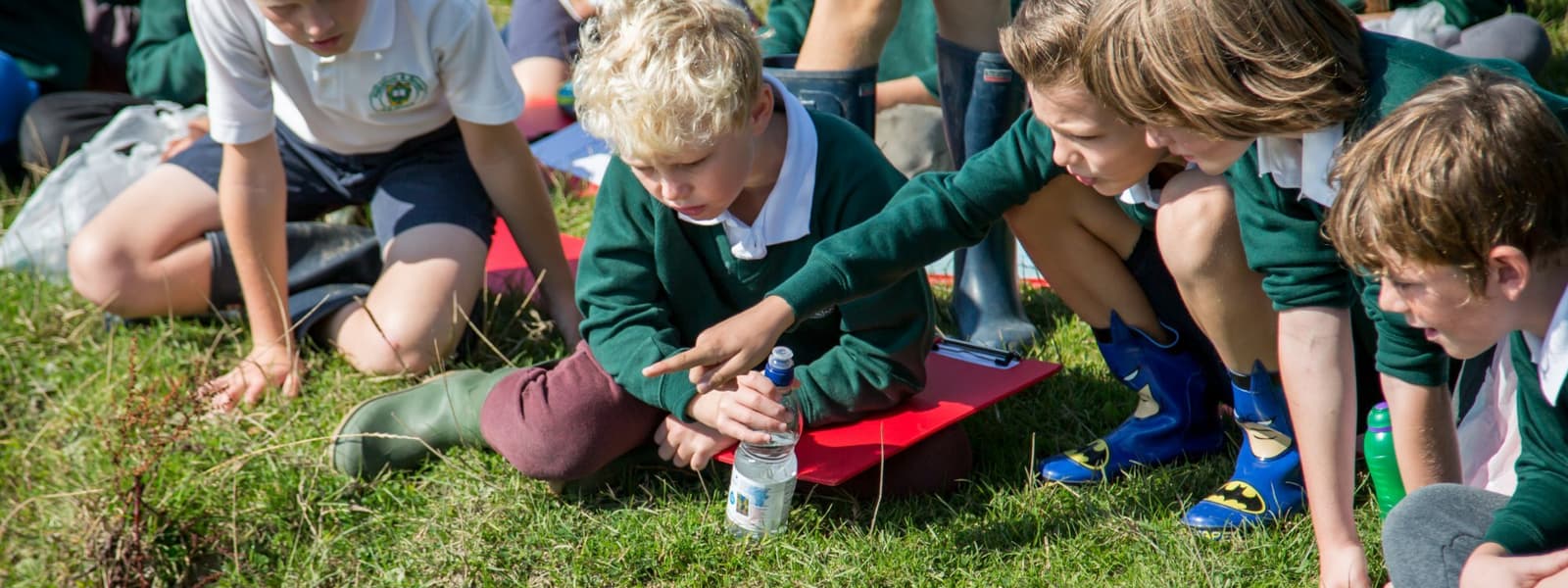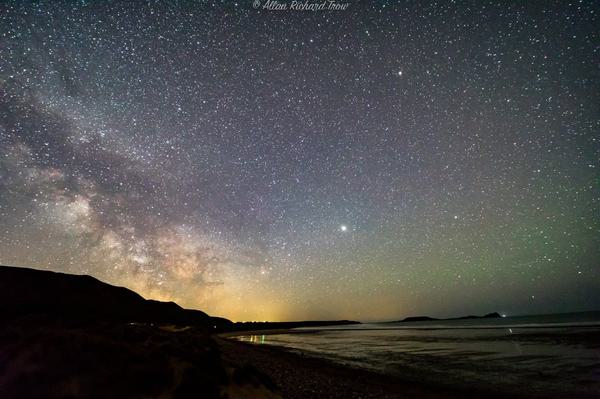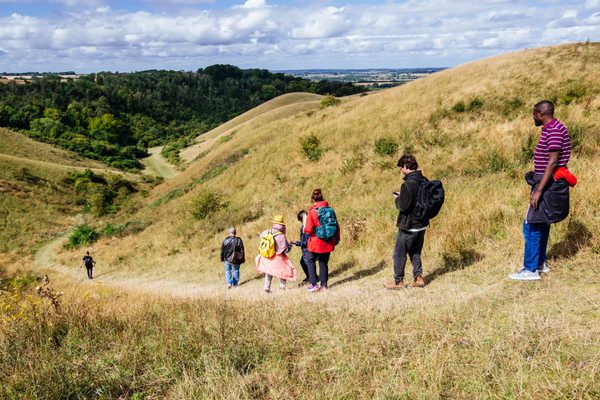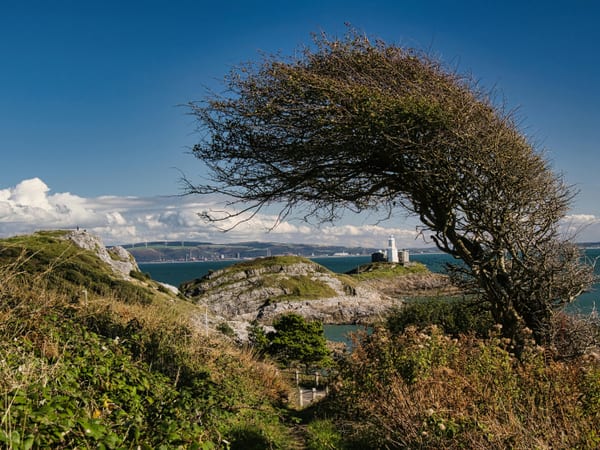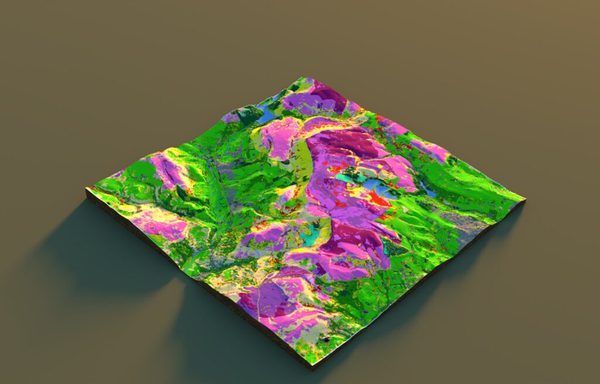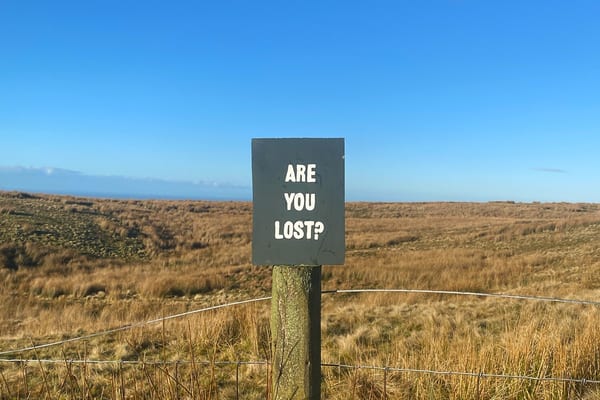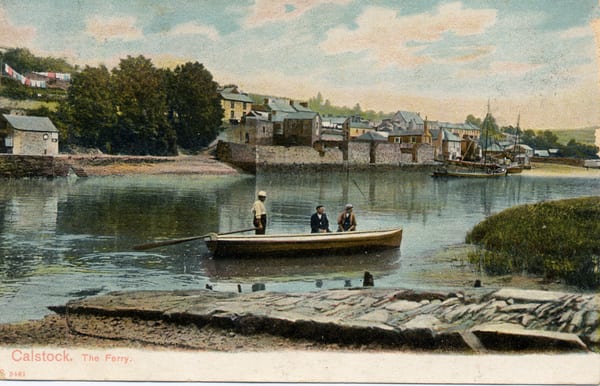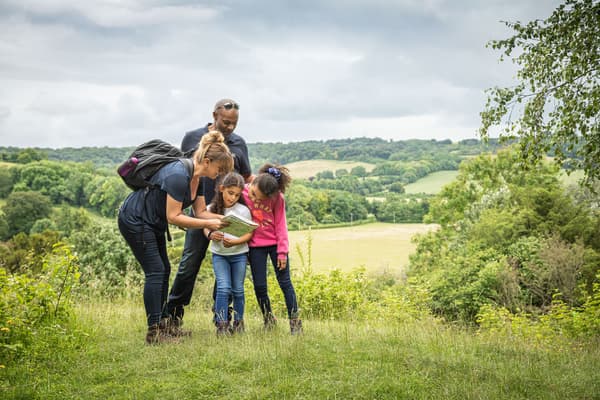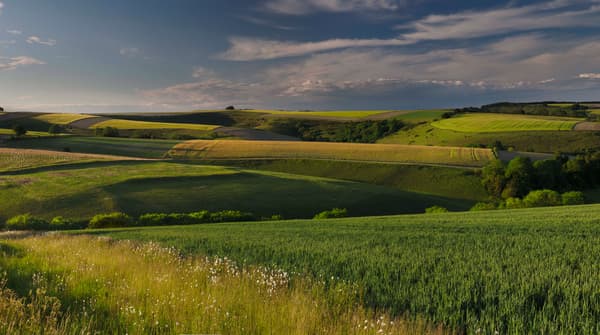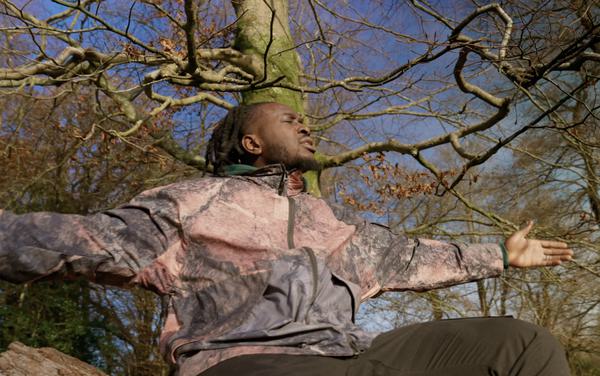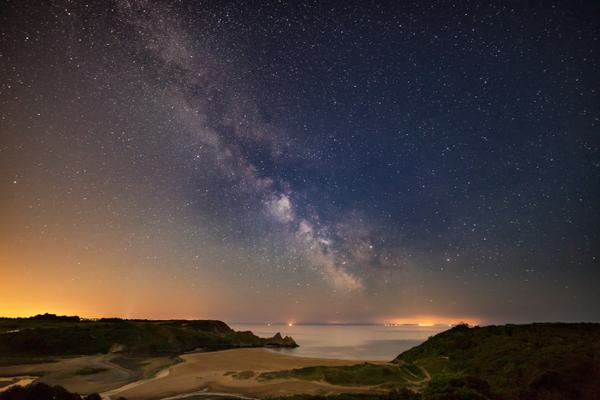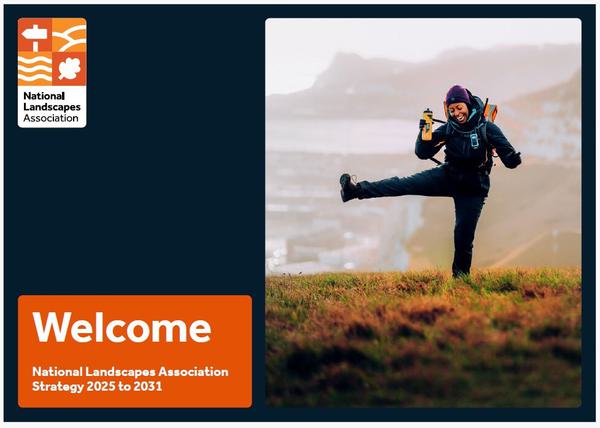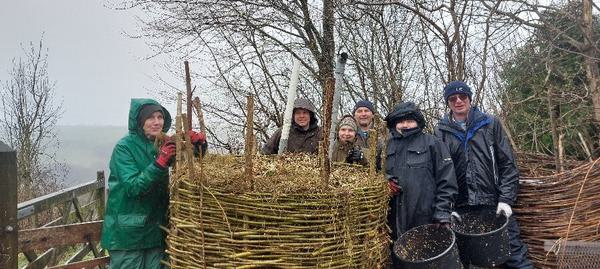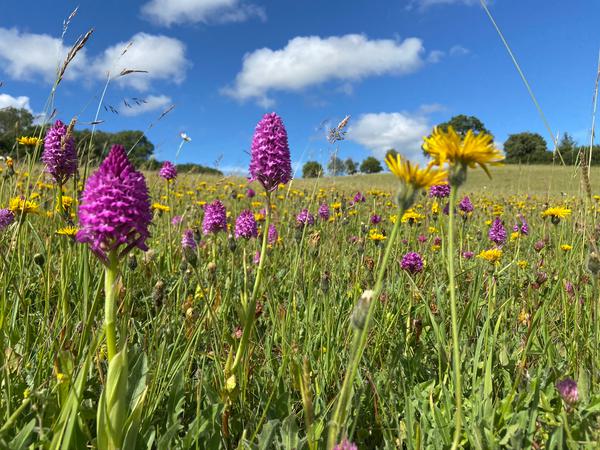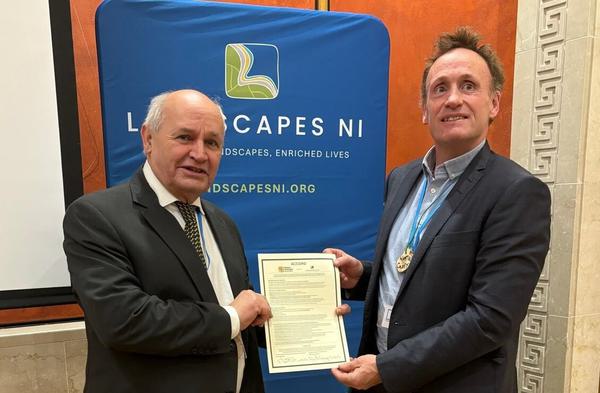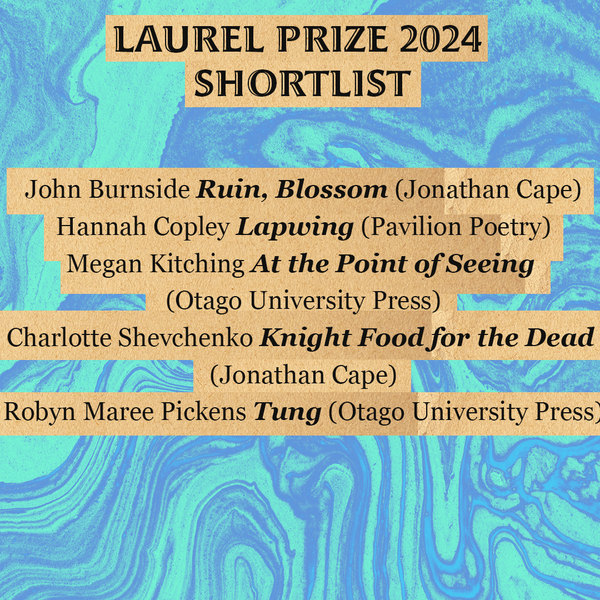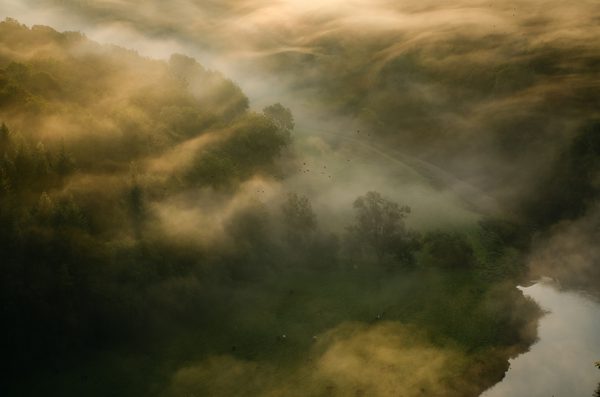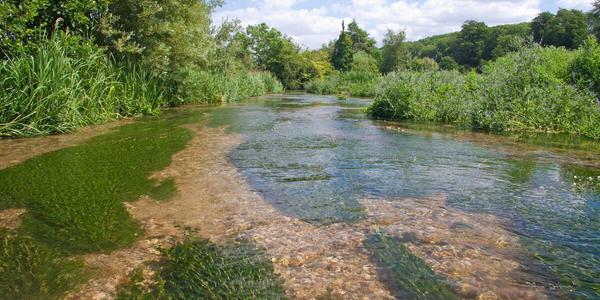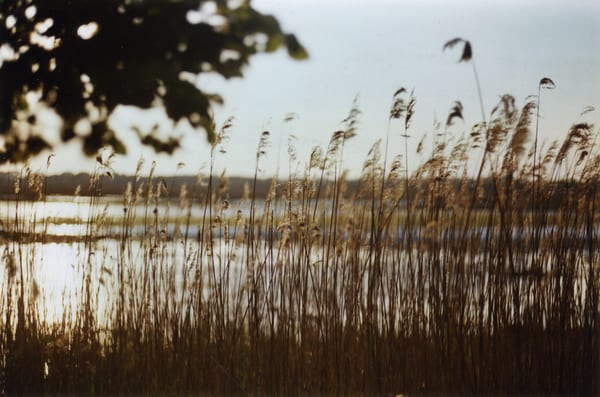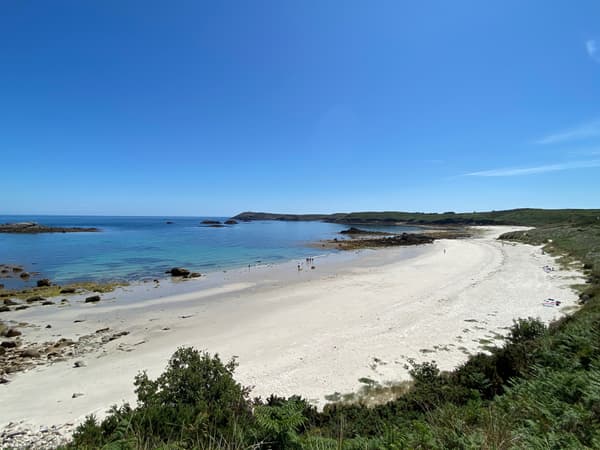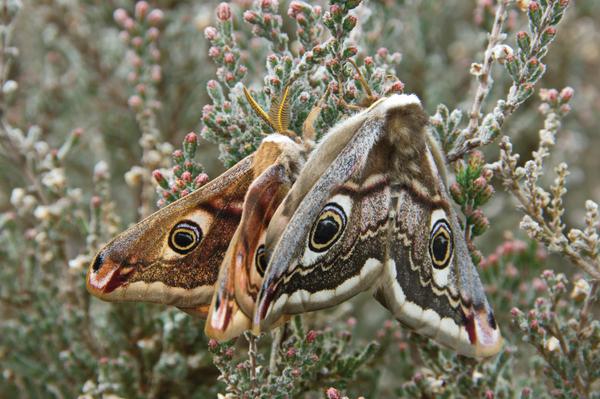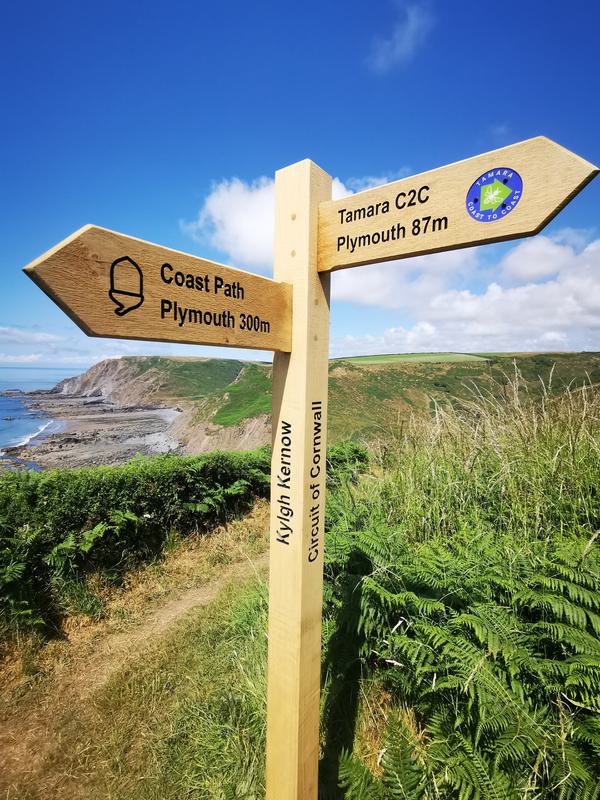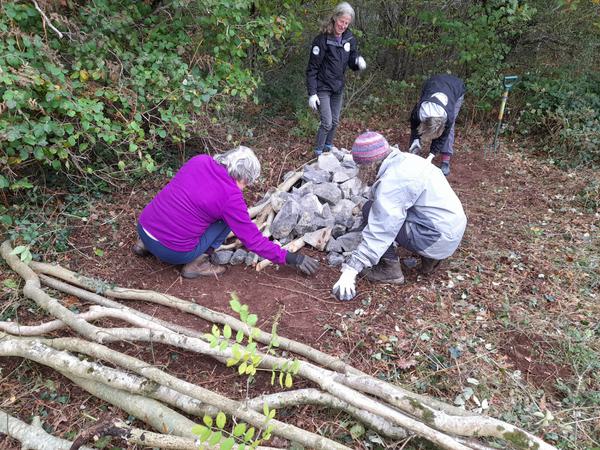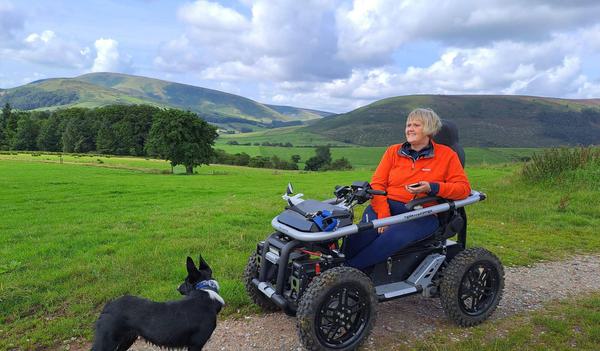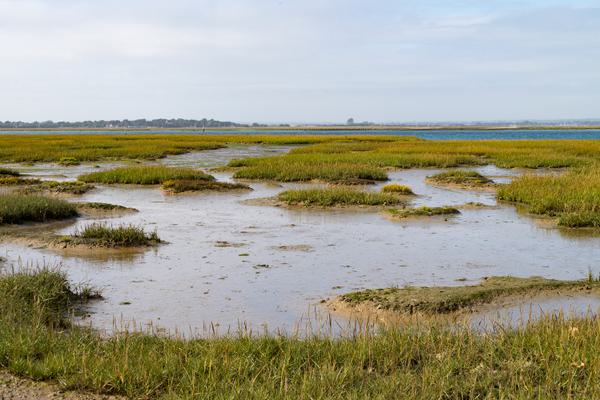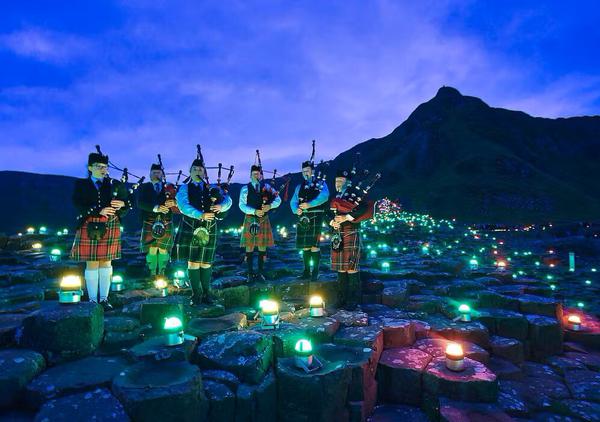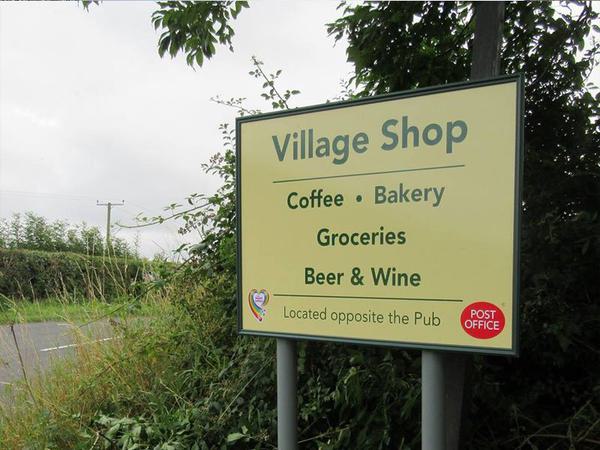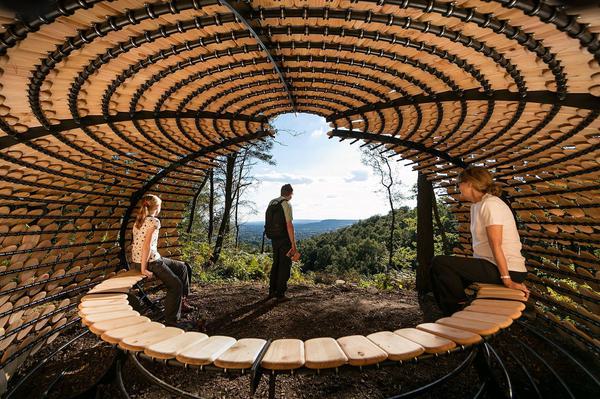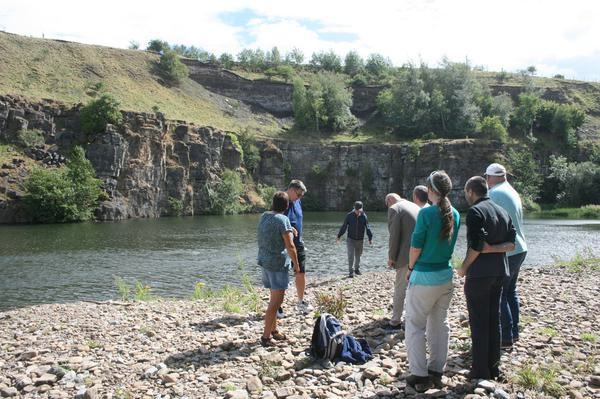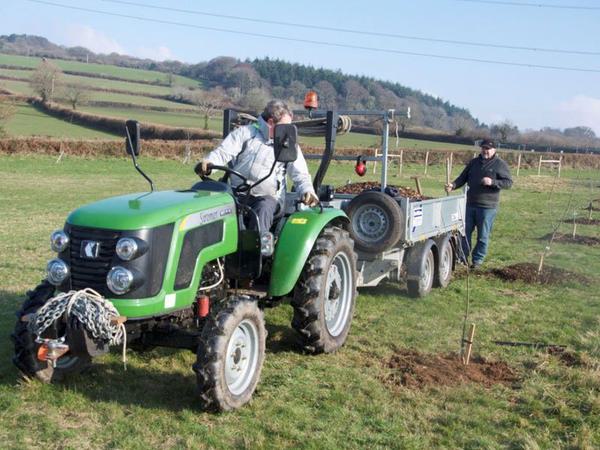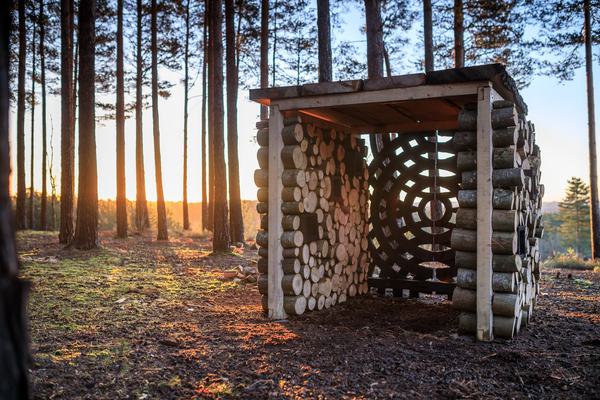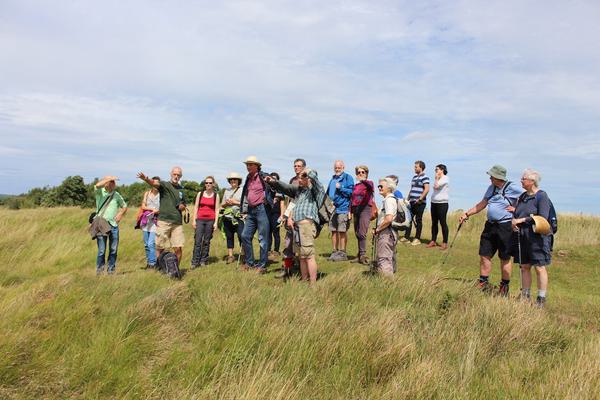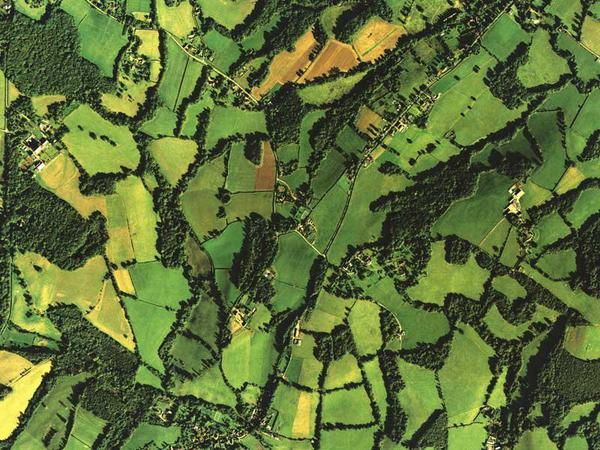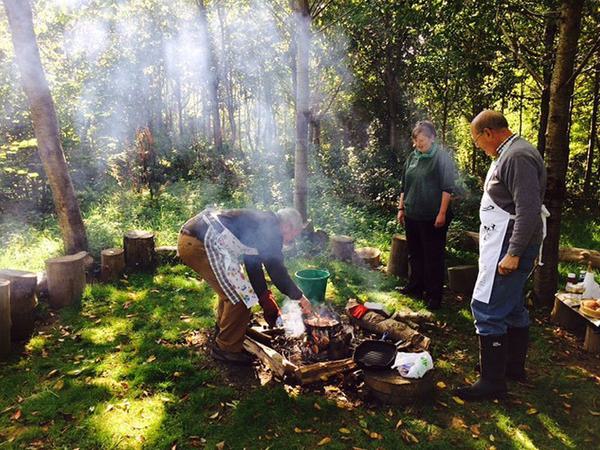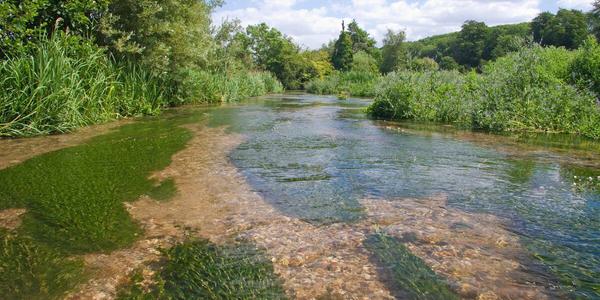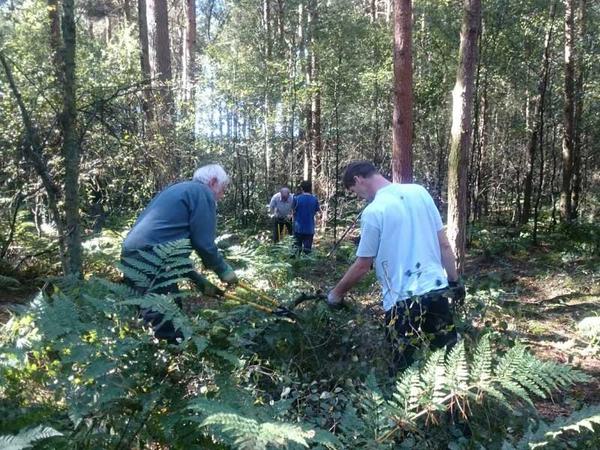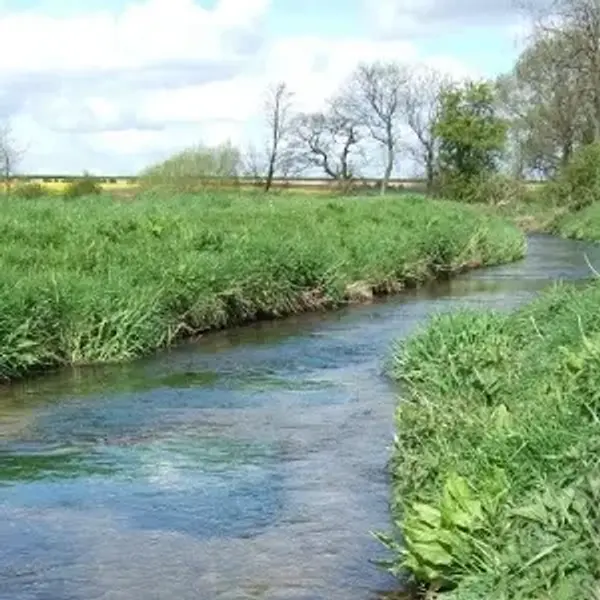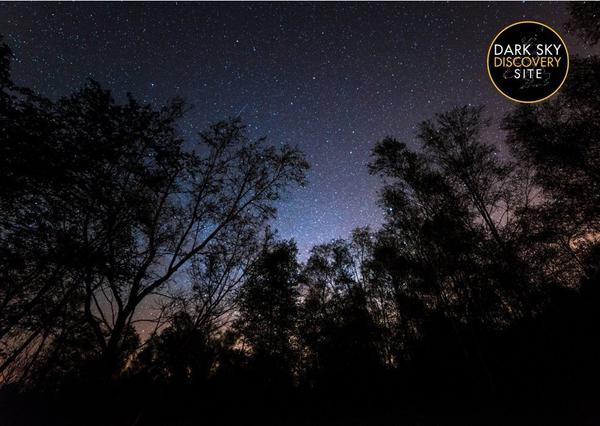Chichester Harbour Education Service
For over 20 years our Education Service has been welcoming visitors and promoting engagement, for all, in Chichester Harbour Area of Outstanding Natural Beauty.
Chichester Harbour Conservancy established the Education Service in 1999 with the aim of encouraging a sense of guardianship for the Harbour amongst local young people. This was the culmination of the dedication and commitment by a group of hard-working individuals with the foresight to recognise that for people to care about natural landscapes and wildlife they had to experience it first-hand. Appreciating that a destination for visiting schools was needed, a classroom was built, on the quay, in the heart of this tidal landscape.
This nomination is made in recognition of the outstanding contribution the Chichester Harbour Education Service has been made for 20 years, helping connect a whole generation of children to natural beauty.
What was done
The Education Centre offers curriculum linked sessions for all stages: from nursery age to higher education, and all sectors of provision; from state funded schools, pupil referral units and SEN schools to the private sector – the ethos has always been all are welcome.
We offer curriculum linked visits and our core work involves full day trips focusing on Living Things and Habitats, Coasts and Rivers.
Most school and college groups spend 4 to 5 hours with us. Most of our bookings come from Primary (65% to 75%) and Secondary schools (25% to 35%) groups.
A typical day involves spending most of the time outdoors with talks, walks and lots of hands-on activities – for example for a class of 7-year olds: shoreline creature hunts and ‘crab homes’ at Dell Quay shoreline followed by a walk to Fishbourne for stream dipping and a bug hunt. For a group of 18-year olds studying A level Biology, saltmarsh surveys followed by transects to look at sand dune succession and species diversity.
We use several sites within the AONB. At our Centre in Dell Quay there is a muddy shoreline habitat and tidal channel. From here we have 3 sites that are easily accessible by foot: our nature reserve called Beaky’s, especially developed for our youngest visitors (3 -6) just 10 minutes from the classroom, Fishbourne Meadows and stream; managed by the Conservancy for species diversity and habitat conservation and Chichester Marina a large busy recreational marina. Fishbourne Meadows and Chichester Marina are within 30 minutes’ walk from Dell Quay.
We also use the beaches at West Wittering and East Head, with approximately a third of our visits taking place here and most of our field trips for Secondary schools.
Since its beginning the service has also developed innovative projects on environmental issues such as sustainability, plastics in our oceans and coastal access. Local History and Arts experiences have also featured strongly with many projects culminating in community exhibitions. We also have a long running programme of free boat trips on our solar powered catamaran, the Solar Heritage for groups who wouldn’t normally get the opportunity to get afloat.
Many of these projects have been funded by the charity the Friends of Chichester Harbour, enabling us to offer schools and groups free visits. They have also been hugely supportive, by fundraising to support the Education Centre’s refurbishment and sponsoring the minibus.
The service has always run an Outreach programme, offering talks and workshops free of charge at schools.
In recent years we have focused on creating strong partnerships with local schools.
In 2018 we started a new initiative called ‘Harbour School’ – a fresh approach to our work with connecting young people to nature. Working with a schools in the AONB, we aimed to help children to explore the Harbour next to their school with the opportunity to do this over several weeks. This was a change to our usual format of one-off visits to our outdoor education sites or talks in school.
Outputs/Outcomes
The figures for 2018/19 are as follows:
- The Education Service hosted 12,031 sessions, where one session is one half-day learning experience per person. 423 of these sessions were with adults and children with special educational needs.
- There were 7,949 beneficiaries: 6,052 primary and secondary school age children and 1,897 adults
- Chichester Harbour hosted 268 individual events to support over 100 organisations to visit and learn about Chichester Harbour AONB
In summary, there was almost 8,000 beneficiaries last year alone.
Over the past 20 years, an estimated 150,000 people have benefited from the Education Centre (six times the entire population of the City of Chichester).
Learning
The key reasons for our success
- Developing and maintaining an expert and committed team of staff. Our team of Harbour Teachers are all qualified teachers, who are passionate about helping all our visitors to get the best possible experience during their AONB visit. They are supported by a team of very dedicated volunteers who support the teachers in the field, lead small group activities and help with preparation before and clear up after visits. Collectively, they work so well together, constantly supporting each other and looking for ways to continuously refine and improve the Education Service.
- We make it easy for schools to visit us! We meet the needs of our customers and offer a high standard of service - programmes are curriculum linked and often tailored to the school’s individual needs, we can host large, up to 120 children, or small groups and do most of the planning and preparation for their visit. Teachers and schools currently face many challenges, such as high workload and budget cuts, we can help to remove some of these barriers to offsite visits by offering help with transport such as travel grants and use of our minibus and the financial support of the Friends of Chichester Harbour, can offer many visits free of charge.
- Adaptable and innovative in our approach, responding to trends in environmental education but realistic in that we play to our strengths as a coastal environment and many habitats.
- The beautiful location of our unique quayside Education Centre with easy access to a multitude of learning experiences.
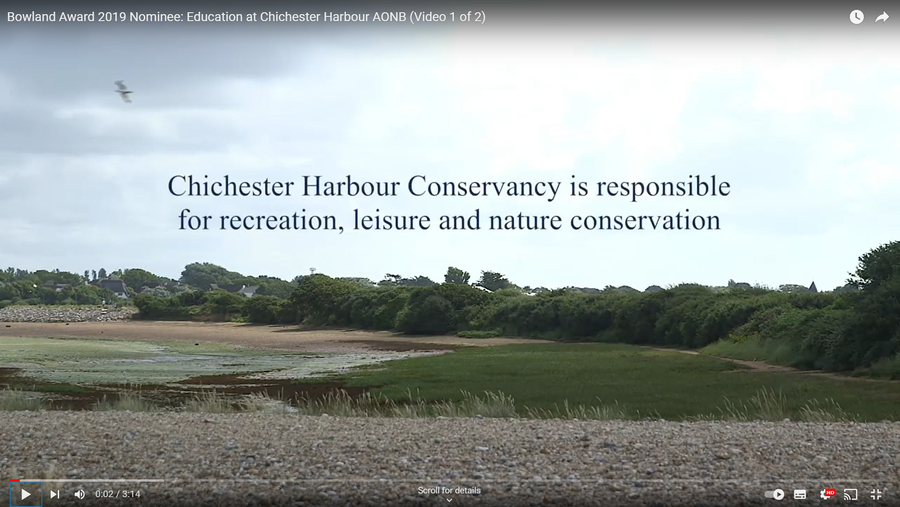
The Education Service
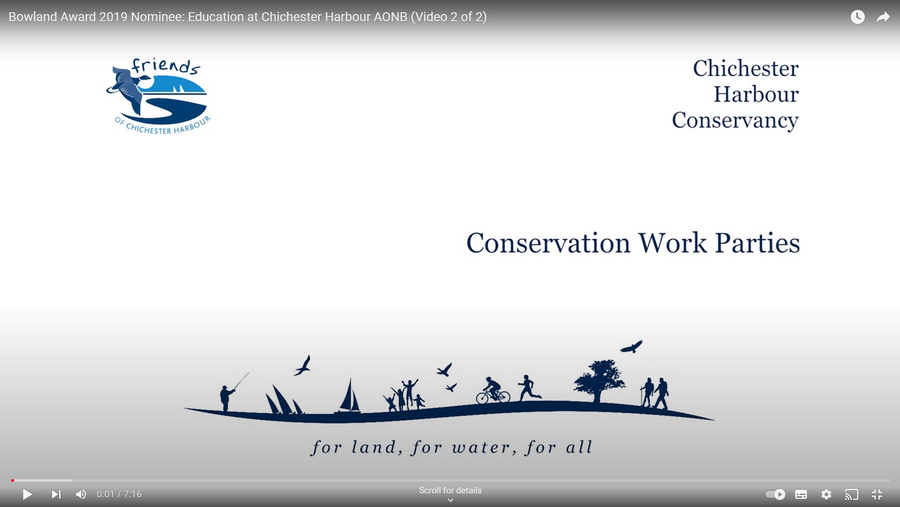
Conservation Work Parties at Beaky’s
Chichester Harbour AONB is a Centre of Excellence for its Education Service. In my mind, every AONB and National Park should have an Education Centre or equivalent. There are so many societal benefits, including multiple links to the national curriculum, engaging children with nature and introducing the importance of protecting the landscape. The fact they enjoy their visit means the positive association is likely to stay with them for life.
Dr Richard Austin, AONB Manager
Feedback from schools and colleges
Living Things and Habitats field trip
“Absolutely amazing, the children loved the wood walk and the beach. Today everything was beyond expectation. Brilliant. We come every year and are never disappointed.”
“Just wanted to say many, many thanks for today. Without a doubt, all pupils had a brilliant time and were buzzing with excitement on their return to school.”
“The trip was fantastic, and your staff were outstanding! Their knowledge and teaching methods were perfect for our children. They could not fail to absorb the language of rivers and thoroughly enjoyed the hands-on experience that the day provided.”
“Our Year 2s had a fantastic time - the adult helpers commented on the high-quality support from your team and how well organised the day was. One of our little girls (from our Speech and Language Unit) said 'that was the best day of my life'!! Thank you again - we'll be back next year!”
GCSE Geography field trip (Secondary)
“I just wanted to drop you all a quick not to say a very big 'thank you' to you all for the fieldwork days last week. I thoroughly enjoyed both days and I know the students did as well. I think that they learnt a great deal and it should now provide the basis for an excellent project.”
“Thank you both so very much for our annual trip to the conservancy - as ever it was a great way to end the course. The day really has become established as the highlight of the year.”
Rivers field trip, Primary age children
“A huge thank you for organising our rivers field trip. The children had a fantastic time! They particularly enjoyed getting into the stream and then ending the day back in the classroom with the brilliant river flooding experiment. The children were so excited and were in shrieks of laughter.”
Harbour School
“Harbour School has been excellent for our school! They (the children) have been full of it! They have loved being outside in the fresh air and the sessions have been a reference point for their learning in geography and science. The whole experience has fed back into their work in class. The children came back to school with enthusiasm for learning, wanting to recount their experiences.”
